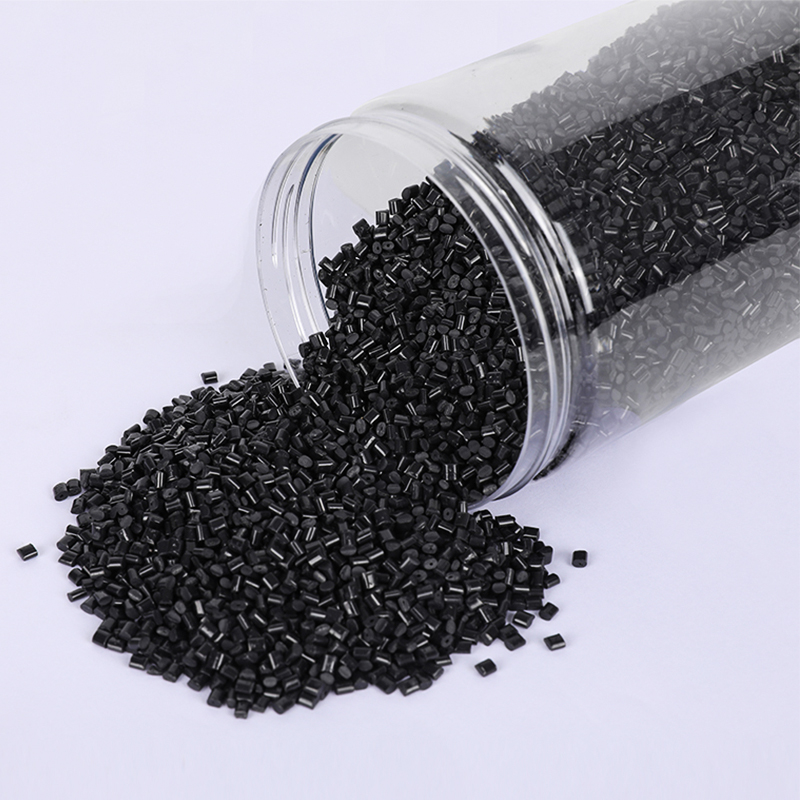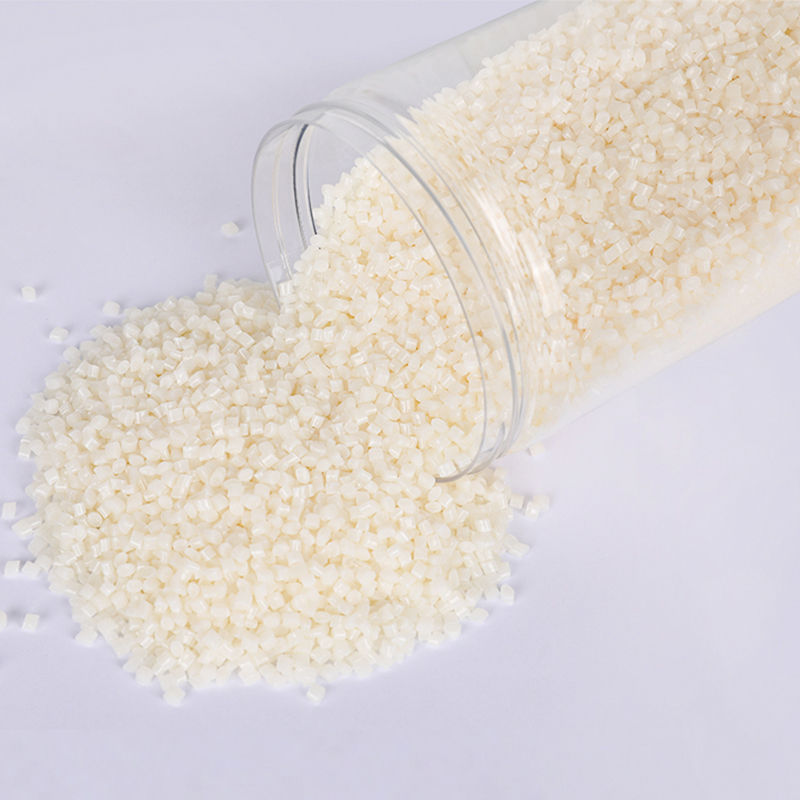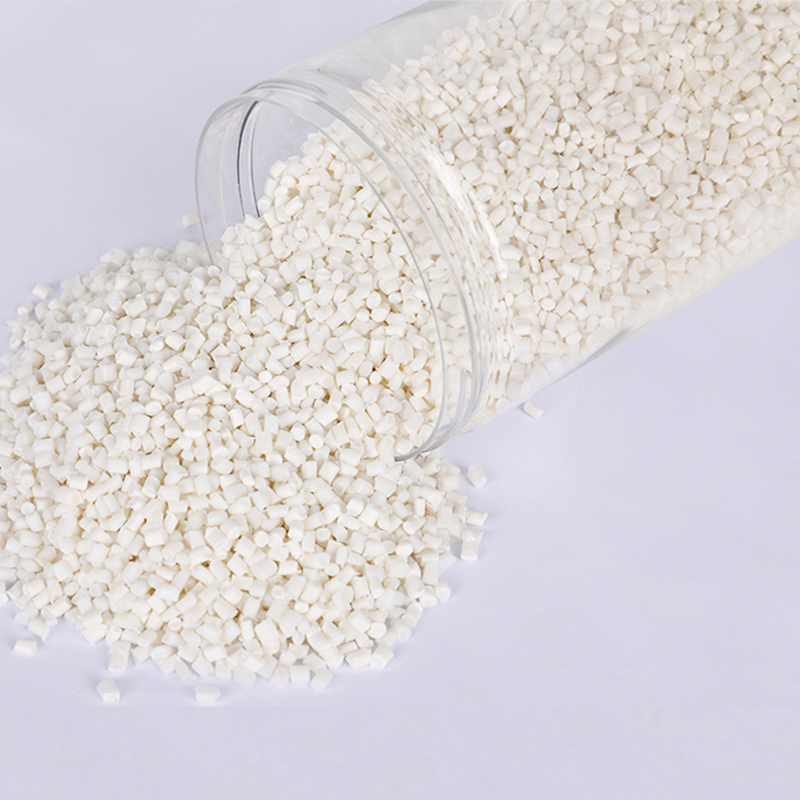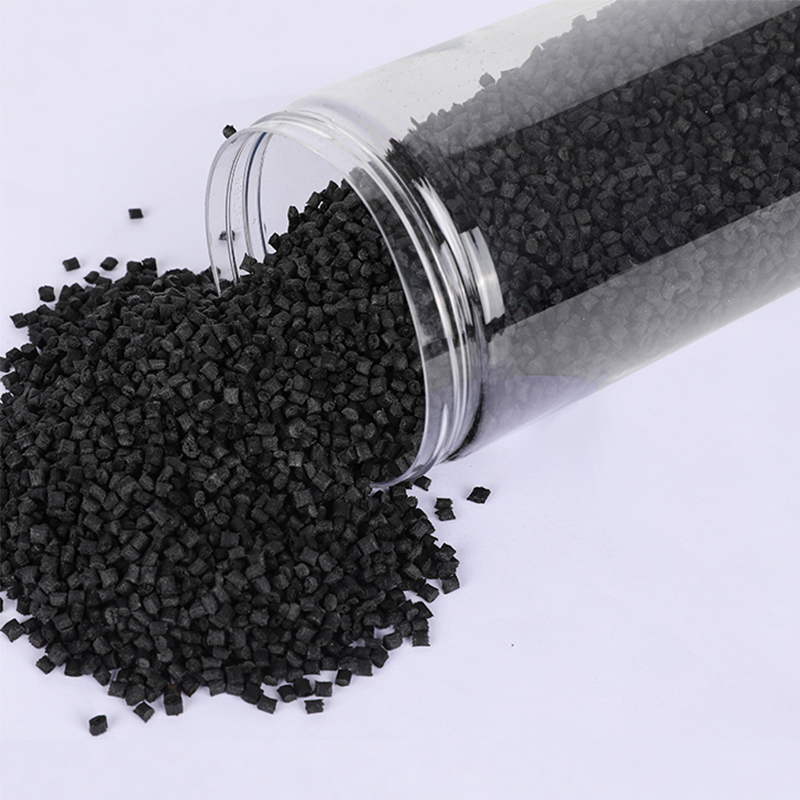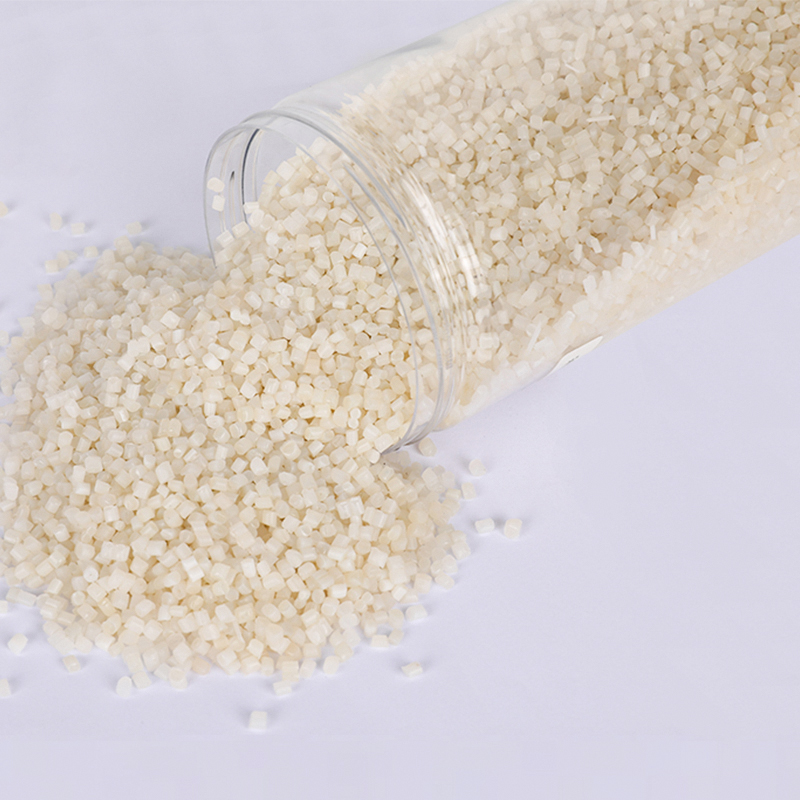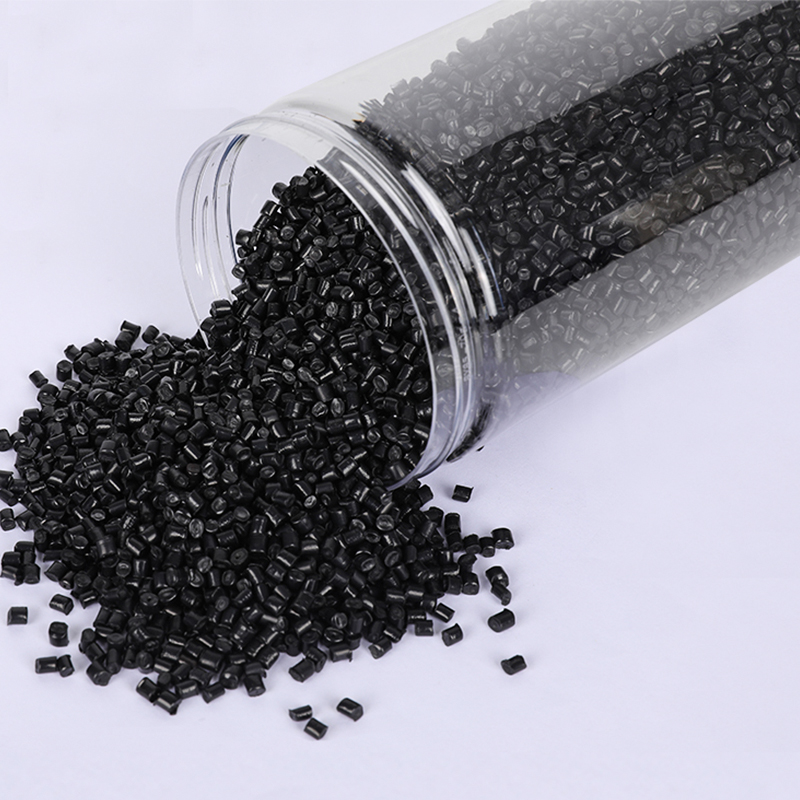Stay up to date with our recent products
Web Menu
Product Search
Exit Menu
Is Polyethylene Resin Safe? Detailed Guide to Its Uses and Safety Considerations
What is Polyethylene Resin?
Polyethylene resin is a thermoplastic polymer, one of the most widely used plastics in the world. It is made from the polymerization of ethylene monomers, which are derived from petroleum or natural gas. Polyethylene resin is versatile, offering characteristics such as flexibility, chemical resistance, and durability, making it suitable for various applications in industries like packaging, construction, and medical devices.
1. Common Uses of Polyethylene Resin
Polyethylene resin is used in a broad range of everyday products, such as:
- Plastic bags and packaging
- Plastic bottles and containers
- Medical devices, such as syringes and catheters
- Water pipes and insulation
- Food containers and wraps
2. Health and Safety Considerations of Polyethylene Resin
Polyethylene resin is generally considered safe for most uses. However, certain factors must be considered to ensure its safety in both consumer products and industrial applications.
2.1. Is Polyethylene Resin Toxic?
Polyethylene resin is not inherently toxic. It is classified as a non-toxic material by the U.S. Food and Drug Administration (FDA), which approves it for use in food packaging and medical devices. It is also considered non-carcinogenic, with no known links to cancer when used appropriately. However, inhaling the fumes produced when polyethylene is heated to high temperatures can be harmful.
2.2. Risks of Polyethylene Resin in High Temperatures
While polyethylene resin is safe in its solid form, heating it can cause it to release harmful compounds. When heated above 150°C (302°F), polyethylene can release volatile organic compounds (VOCs) and other substances such as aldehydes, which can irritate the respiratory system. Therefore, it is crucial to handle polyethylene with care when used in manufacturing processes that require high temperatures.
3. Environmental Impact of Polyethylene Resin
Polyethylene resin has environmental concerns, particularly due to its non-biodegradable nature. It can take hundreds of years to decompose, leading to concerns about plastic pollution. Polyethylene waste, such as plastic bags and bottles, often ends up in landfills or oceans, posing a threat to wildlife.
3.1. Recycling of Polyethylene Resin
Polyethylene is one of the easiest plastics to recycle. High-density polyethylene (HDPE) and low-density polyethylene (LDPE) are both commonly recycled. However, the recycling rate for polyethylene products is relatively low compared to other plastics like PET. Efforts to improve polyethylene recycling processes and reduce contamination are underway in many regions to help reduce its environmental impact.
3.2. Biodegradability Issues
Polyethylene's lack of biodegradability is a significant environmental issue. It can persist in the environment for hundreds of years, contributing to plastic waste accumulation. However, some innovations in biodegradable polyethylene alternatives are being explored to help reduce long-term environmental effects.
4. Safe Handling and Disposal of Polyethylene Resin
To minimize health risks and environmental impact, it is essential to handle and dispose of polyethylene resin safely.
4.1. Proper Handling of Polyethylene Resin
When handling polyethylene resin, avoid direct contact with the material in its molten form, as it can cause severe burns. Use appropriate protective equipment, including gloves and safety goggles, when working with it in manufacturing environments. If using polyethylene products like containers, ensure that they are stored in cool, dry places away from direct heat sources.
4.2. Disposal and Recycling Guidelines
Polyethylene resin should not be discarded in landfills if avoidable. Instead, it should be recycled at facilities equipped to handle plastic materials. For consumers, recycling polyethylene products like plastic bags or containers is encouraged, but they should be clean and free from contaminants to avoid hindering the recycling process.
5. Conclusion
Polyethylene resin is a generally safe material for everyday products. It is non-toxic when used as intended, though caution is required when it is heated to high temperatures. The main environmental concerns surrounding polyethylene arise from its slow degradation and its potential impact on wildlife. However, recycling initiatives and safer handling practices can mitigate these issues significantly. With proper management, polyethylene resin can remain a safe and practical material in various industries.
As China PCR Recycled Plastic Granules Factory, We always adhere to the experience and philosophy of "keeping up with the times, constantly innovating, developing efficiently, and cooperating for mutual benefit"

Address: No.11, Wangzhuang Section, Provincial Road 01, Daqiao New Area, Economic Development Zone, Haiyan County, Jiaxing City, Zhejiang Province, China
Phone: +86-18058285678
Fax: +86-0573-86868101
E-mail: [email protected]
SUNRISE GROUP(Overseas Exclusive Agent)
www.sunrisechemical.com
2024 ICIS Global Chemical Distributor Top 8
Export Sales Manager:Helen Zhang
Mob/Whatsapp: +86 19883063465
Email: [email protected]
Copyright © Jiaxing Anyiju Plastic Industry Co., Ltd. All Rights Reserved

 简体中文
简体中文 English
English

